The need for a greener approach is more urgent than ever. The devastating effects of climate change, deforestation and waste accumulation are evident. They have led to a global movement towards adopting environmentally friendly alternatives to everyday objects and practices. Networking is a fundamental aspect of professional and business development. Traditionally, the networking process meant face-to-face meetings, the use of paper business cards and printed promotional materials. However, as the world becomes increasingly digital and environmentally responsible, there is a trend towards looking for digital alternative solutions and environmentally friendly practices.
Sustainable networking practices
1. Virtual networking events
Participating in networking events involves travel, which helps increase one’s carbon footprint. Virtual networking events provide an eco-friendly alternative, allowing attendees to connect and network from the comfort of their home or office. Virtual networking platforms often provide features such as split meeting rooms and one-on-one meetings. Thus, they facilitate connection and networking in the digital environment.
2. Sustainable promotional material
If you need to provide promotional materials at a networking event, consider choosing viable alternatives. For example, instead of providing printed brochures, consider providing digital versions that you can access via a QR code or by using a link. If you absolutely must provide printed materials, consider using recycled paper and inks that are environmentally friendly.
3. Eco-friendly travel
If you need to travel for a networking event, consider eco-friendly transportation options. For example, consider using public transportation, carpooling, or using a bike instead of riding alone. If you must fly, consider offsetting carbon emissions by purchasing carbon credits.
4. Reduce, reuse, recycle
Adopting the “Reduce, Reuse, Recycle” principle can help you make your networking practices more environmentally friendly. For example, consider reducing the number of promotional materials you provide, reusing name tags and other materials, and recycling any waste generated during the event.
5. Digital Business Cards
Exchanging business cards is a common networking practice. However, traditional paper business cards contribute to waste and have a notable environmental impact. Digital business cards, especially those that use near field communication (NFC) technology, provide an eco-friendly alternative. NFC business cards as a digital alternative solution allow contactless exchange of contact information and other relevant data from the card to a smartphone. This eliminates the need for paper, reduces waste, and provides a more convenient and efficient way to exchange information.
 Why are digital business cards important?
Why are digital business cards important?
Waste reduction
Every year, over 100 billion paper business cards are printed worldwide. Unfortunately, a large proportion of these cards end up in the trash, contributing to already alarming levels of waste. NFC business cards can drastically reduce this waste and contribute to a more sustainable future.
Conservation of natural resources
The production of paper business cards involves the use of natural resources such as trees and water. It is estimated that to produce one kilogram of paper it takes about 324 liters of water. By choosing digital alternatives, we can help conserve these precious resources and reduce negative impacts on the environment.
Reducing your carbon footprint
The production, transportation, and disposal of paper business cards contribute to an individual’s or company’s carbon footprint. Digital alternatives can help significantly reduce our carbon footprint.
More advantages of NFC business cards
They are practical
NFC business cards eliminate the need to manually enter contact information into your phone, making the process of exchanging information and creating contacts quick and efficient.
They are flexible
NFC business cards enable you to share not only your contact information, but also links to your website, portfolio, or social media accounts, making them a versatile networking tool.
They are anthesical
Unlike paper business cards, which can be easily damaged or lost, NFC business cards are more durable. With a quality business card you make an impression and target more contacts.
To sum up, adopting environmentally friendly alternatives is crucial in our efforts to combat climate change and promote sustainability. NFC business cards are a great example where innovation and technology can help us achieve this goal. They can help reduce waste, reduce costs. In addition, they provide a more convenient and effective way to connect with others. As individuals and businesses, it is our responsibility to adopt such digital alternative solutions and contribute to a greener tomorrow.

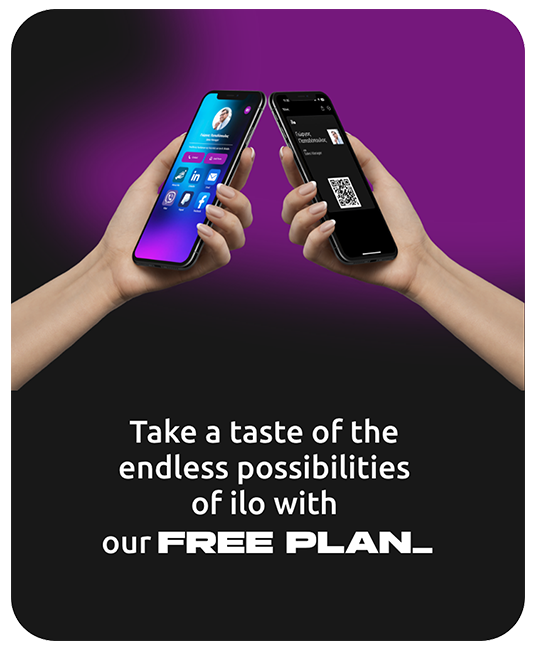


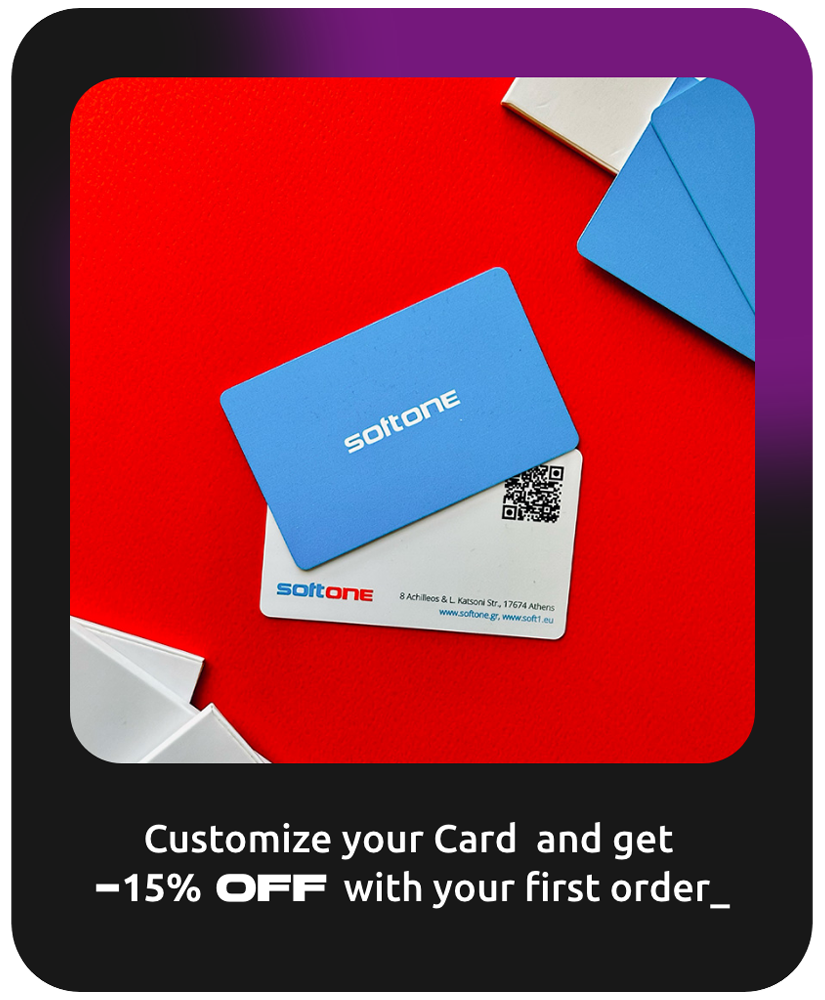

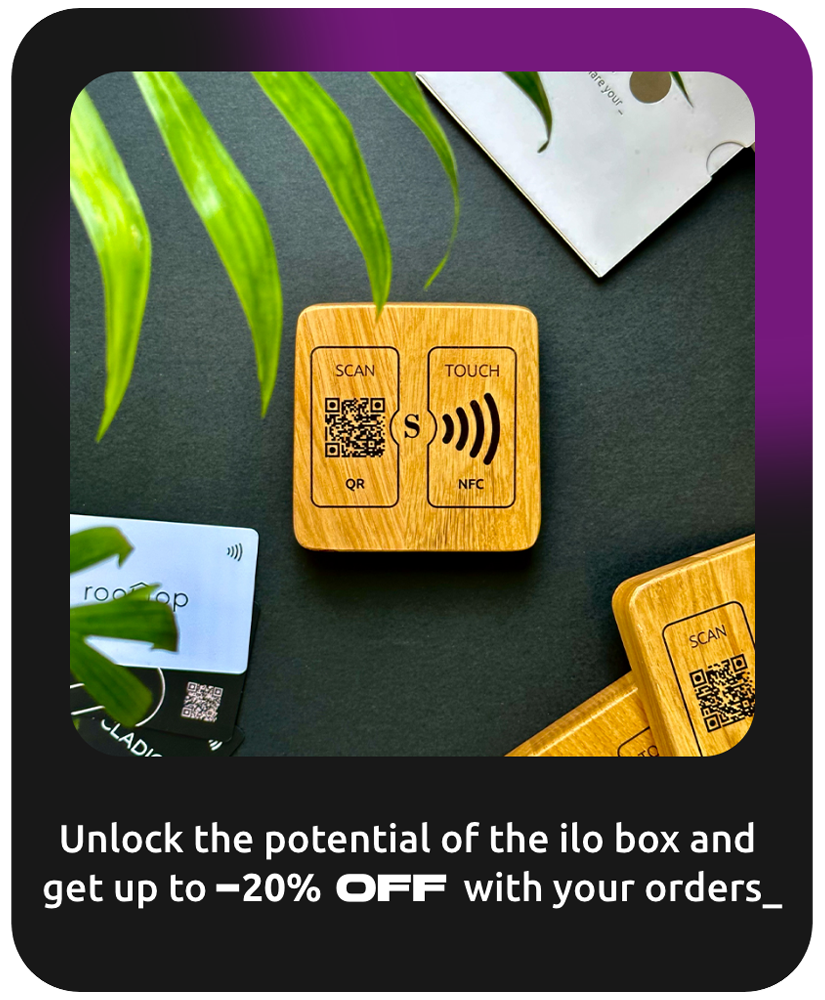
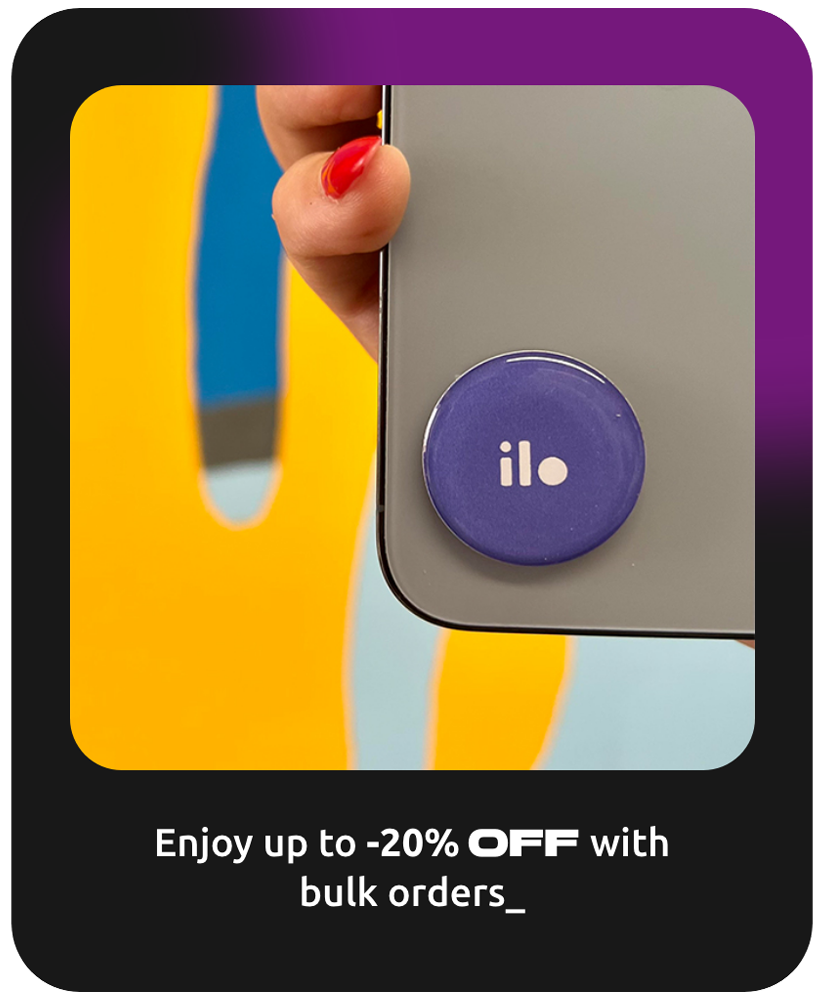

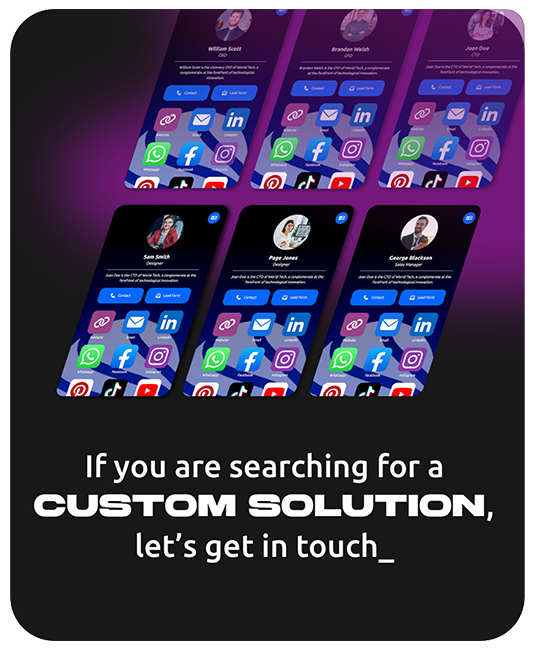

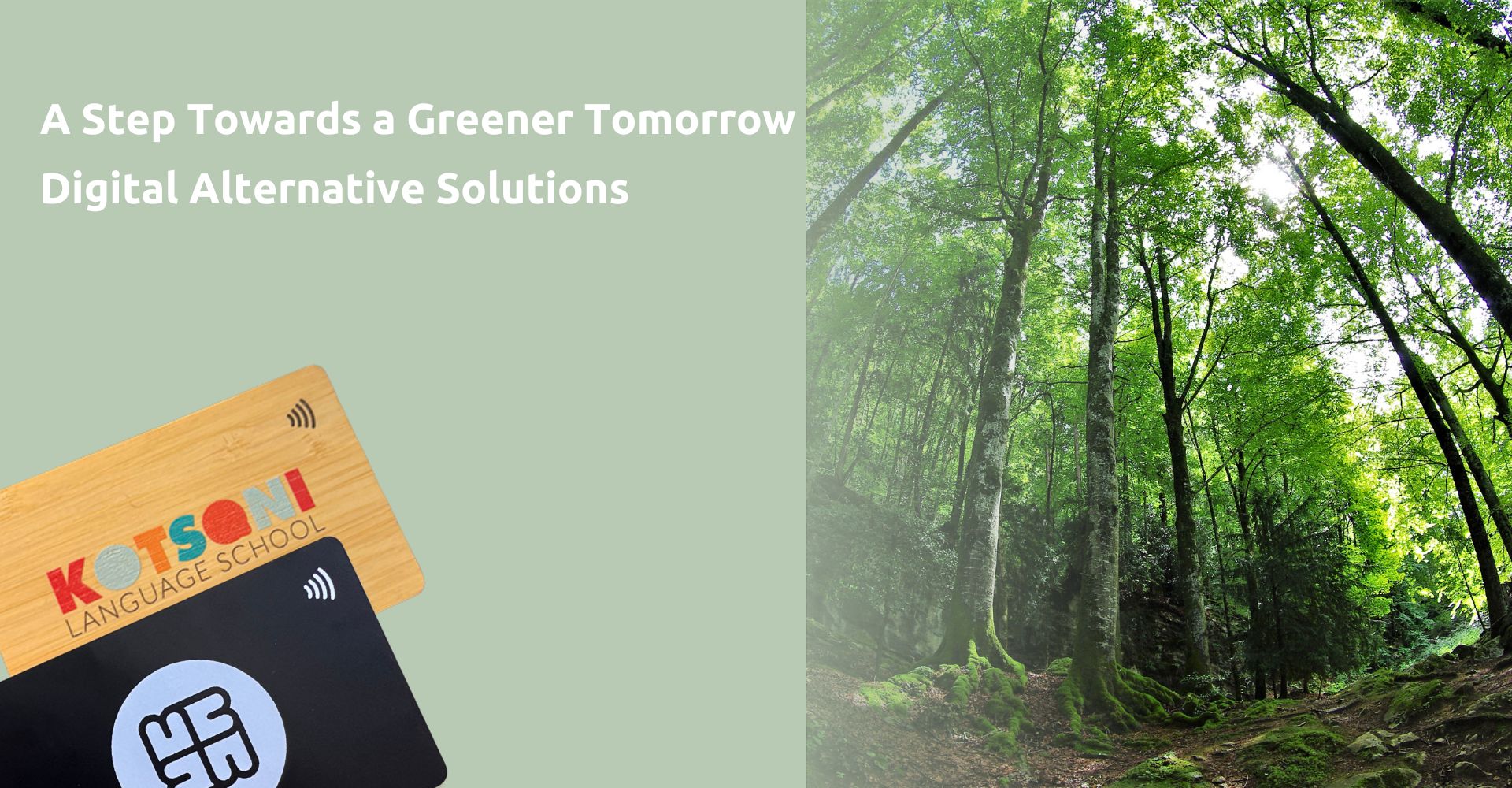
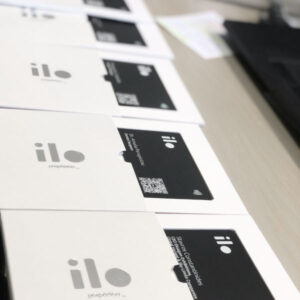 Why are digital business cards important?
Why are digital business cards important?
